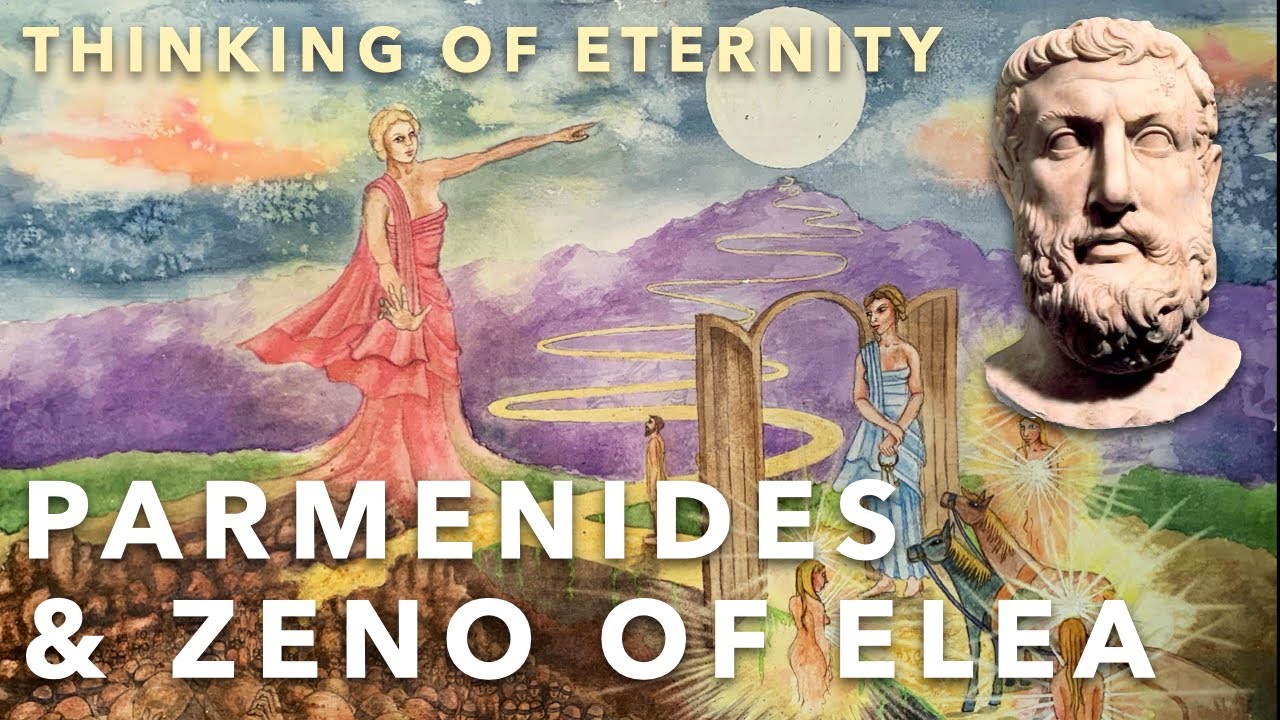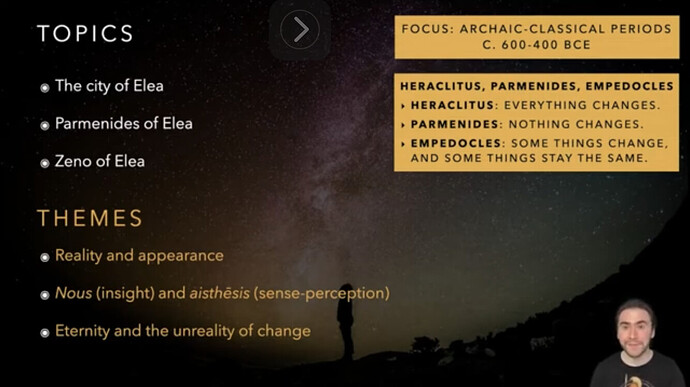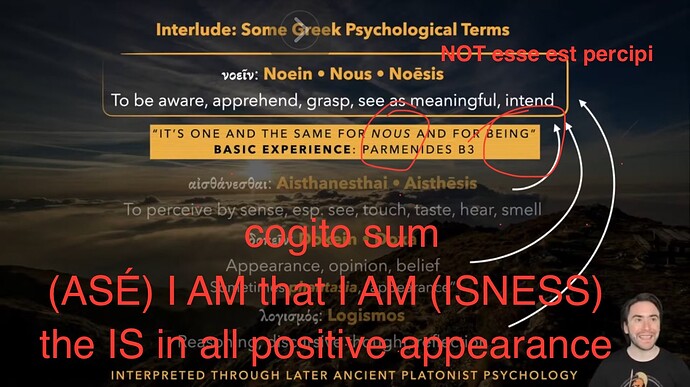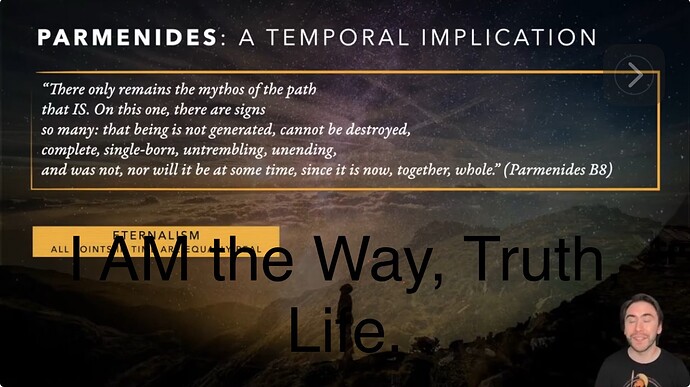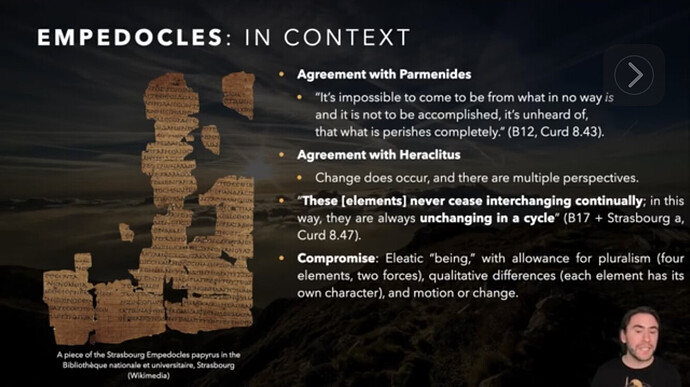@reason4emotion
Hello, l’m very sad to read this, and it is something quite a few religious people have to confront.
I am Muslim and l can give my religion’s perspective - there may be something useful for you. Muslims believe:
- God created us just to worship him, so you must do that no matter what
- If God tells you to sacrifice your firstborn to him, you must do that, which is to say: God is above all terrestrial familial ties
- All love comes from God, as do all souls. So that is why our Prophet Muhammad (peace be upon him) taught us not to sever uterine ties, that is, sibling ties, mother-child bonds. He also taught us it is a major sin to disrespect one’s parents. The Qur’an also tells us to respect our parents and to pray for them. In my religion, if we are to disobey our parents, it is to be done for the sake of religion, and even then, it is to be done with the best of manners.
Further, we believe:
- Allah loves to hear excuses - but l’d infer that the excuses had better be good. I think the level of corruption in the world stands in all our favour, it was hard to know wrong from right, e.g. the theory of evolution being taught as fact, when in fact it was baseless, people arguing passionately that God doesn’t exist, the prophets never existed etc, people with celebrity status making these wrong views seem appealing.
In fact we believe that Allah has held back 99 degrees of compassion, the love we know in this life is just 1 degree, aside from the 99 held back.
- God can edit timelines, maybe? So maybe he can make it so the sad things you knew to happen in this life e.g. familial estrangement, never occurred.
- Heaven is by definition a place without sorrow. Nobody leaves heaven and nobody wants to leave it. There are higher and lower levels but each level encapsulates perfection and nobody will want to leave any level. So your sorrow by definition will not exist there.
- All of our soul are from God, there is no reality but him. So, if you love him you need to do your best to gather the souls of your loved ones together and save them from a fire which has 99 parts, only 1 of which is the flame we know in this world, it’s a fire which probably for most people is endless and l get the impression the people of hell will live in a tiny crevice each all by themselves forever, not even a vast hall. When hell is complete on the day of judgement it will give a cry of such despair. I can’t remember the rest of the teaching but the impression l got was that the sound of that despair was the most awful thing you’d ever hear. So my point is, it’s real and God doesn’t have a problem sending anyone there for eternity, because he’s all that exists anyway. But conversely, you can leverage that to seek out your loved ones and keep them with you, because God loves that we keep family bonds because we are thus respecting his Soul by keeping these fragments within us, together as a family unit.
Actually, l think that’s the reason we aren’t allowed to put curses on people in Islam, no matter what they’ve done. For example, a Palestinian woman whose child was killed by Israeli soldiers cried out “I will never forgive you”, rather than actually curse the perpetrators. The reason is, hellfire is so terrible, and everyone contains a divine light, so to curse someone to hell, is to attempt to force God’s hand by consigning that divine spark to hell forever. Of course it may well happen, and for most people it will end that way, but out of love and respect for God, we are to do out best to keep all these divine sparks (= souls, especially our loved ones, our families) together.
So, strive to keep these divine lights together, out of respect for the divine.
Also beware of predatory demons that invoke feelings of sorrow, and feed off it by oo-ing and awww-ing as you weep, and inciting you to poetic frenzies about how you wanna burn heaven and extinguish hell, if you can’t have God directly or if you can’t have your loved ones. I do fear that, reading what you wrote about not wanting streets of gold and pearly gates. I know the feeling and l agree with it but beware that predatory demons love your sorrow, bit by bit they’ll insert protestantism, revisionism, upgrades, updates to your faith, l think Satan went that way and even when God told him he’s finished for his arrogance, he asked for more time so that he can drag as many of us to hell as he can with him … just for the hell of it. So what l’m saying is, beware of pretty talk!

